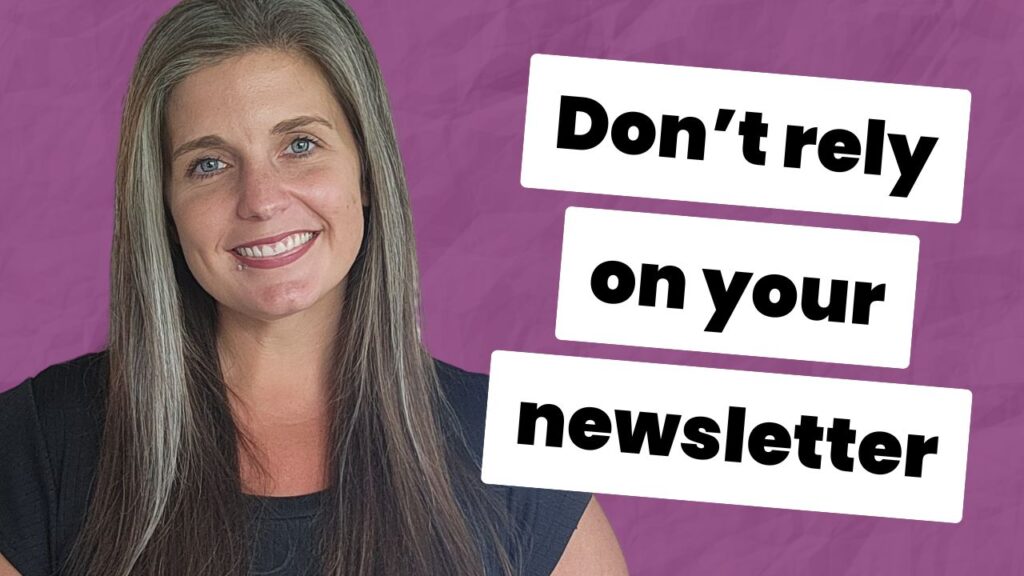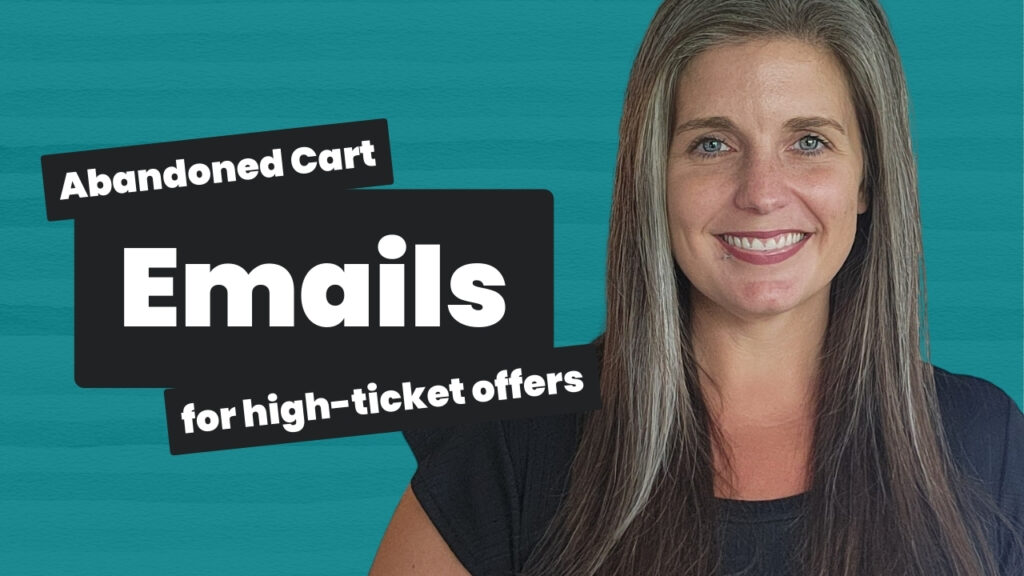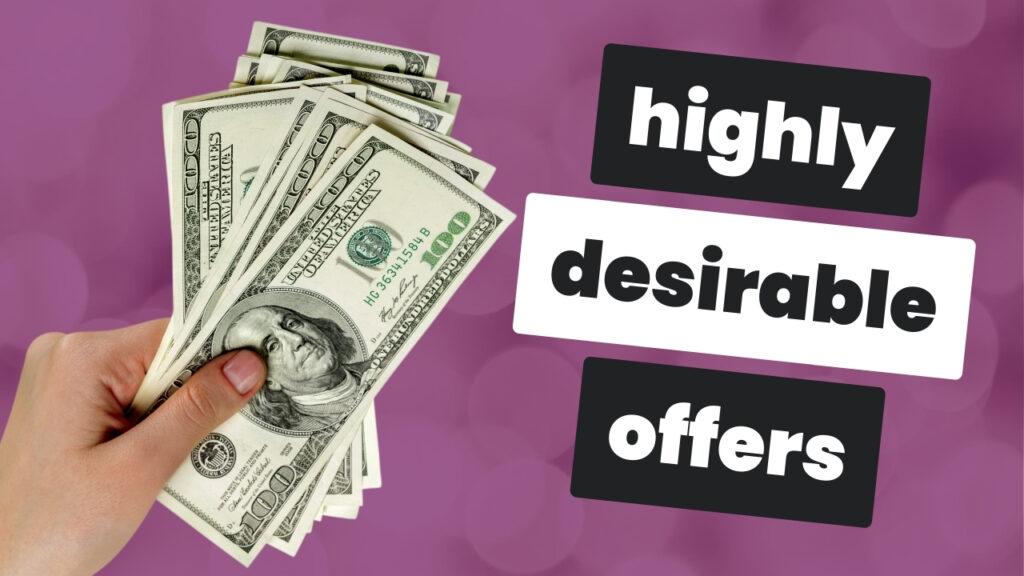“The price is just too expensive.” But is it really? 🧐
When it comes to pricing objections, there’s ALWAYS more to the story. Here are 3 common reasons prospects say your prices are too high.
Transcript:
Is your price too expensive?
Hi, I’m Paige. I’m a conversion copywriter. And pricing objections are one of my favorite things to investigate when I’m doing voice-of-customer research.
That’s because price is rarely as simple as someone telling you that it’s just too expensive.
Price is a reflection of perceived value, and value is subjective. Typically, prospects are comparing your price to something. And that’s influencing how they perceive your products and services and how much they cost.
Before you can solve for pricing objections, the first thing you have to do is figure out what’s driving them.
That’s why one of my favorite things to do at the end of a launch, or at the end of a funnel, or periodically, depending on how you promote your products and services, is to run a non-buyer survey.
Now, the non-buyer survey, the way I run them, isn’t specific to price. Price often comes up in the results. We’re really looking to explore all the factors that potentially keep someone from signing up, joining, applying, or buying whatever offer you put in front of them.
It’s really interesting to see what you find.
Here are 3 common scenarios I see when I’m investigating pricing objections.
One, your prices are too expensive relative to how you’ve communicated your product or your service on your sales page and in your messaging overall.
So, if you’ve condensed your features, left things out, not fully expanded on all the value that your offer provides, then the prospects evaluating that product or service may determine that the cost isn’t worth what they get out of buying your offer.
Two, your price is too expensive relative to how you’ve positioned your product, either intentionally or unintentionally.
So if there’s a drastic difference in price between your offers and what your ideal buyers are comparing you to, whether or not they’re direct or indirect competitors. Your ideal buyers could be determining that your offer is too expensive compared to other solutions they could choose.
And number three, your price is too expensive because you’re talking to fundamentally bad-fit prospects.
Now, there are a lot of things we can influence with messaging and copywriting in terms of getting someone through the buyer’s journey and becoming a closer and closer match to our ideal buyer profile.
But there are things that are outside of our control as marketers.
Some of the bigger characteristics that we can’t control have to do with money. So, if you’re working B2C, it’s often disposable income or household income. If you’re working B2B, then it can be revenue generated, annual revenue, sales metrics…
But revenue and income aren’t the only factors that we can’t control.
Sometimes prospects just don’t struggle with the pain point that we solve for, or they don’t struggle with it enough for them to see the value in what we’re offering.
And that’s true also for the flip side of the coin, which is the desired outcomes. They might be kind of sort of interested in achieving a certain outcome, but they’re not really committed to it. So, their purchase intent and their willingness to invest in that transformation is not that high.
So, if you’re seeing pricing objections, it’s important for you to assess whether or not the leads that you’re attracting are good-fit or poor-fit prospects in terms of the characteristics that you can and can’t control.
If you think price is the reason people aren’t buying what you’re putting in front of them, the first thing you need to do is find out if that’s true, if the reason they’re not buying is a pricing objection, and then dive in and explore where that pricing objection is coming from.
Because, again, price is a reflection of perceived value, and value is subjective.
It’s important for you to understand what people are comparing your price against.
If you’d like my help exploring pricing and other objections so that you can increase the conversion rates for your marketing campaigns, we should chat.


